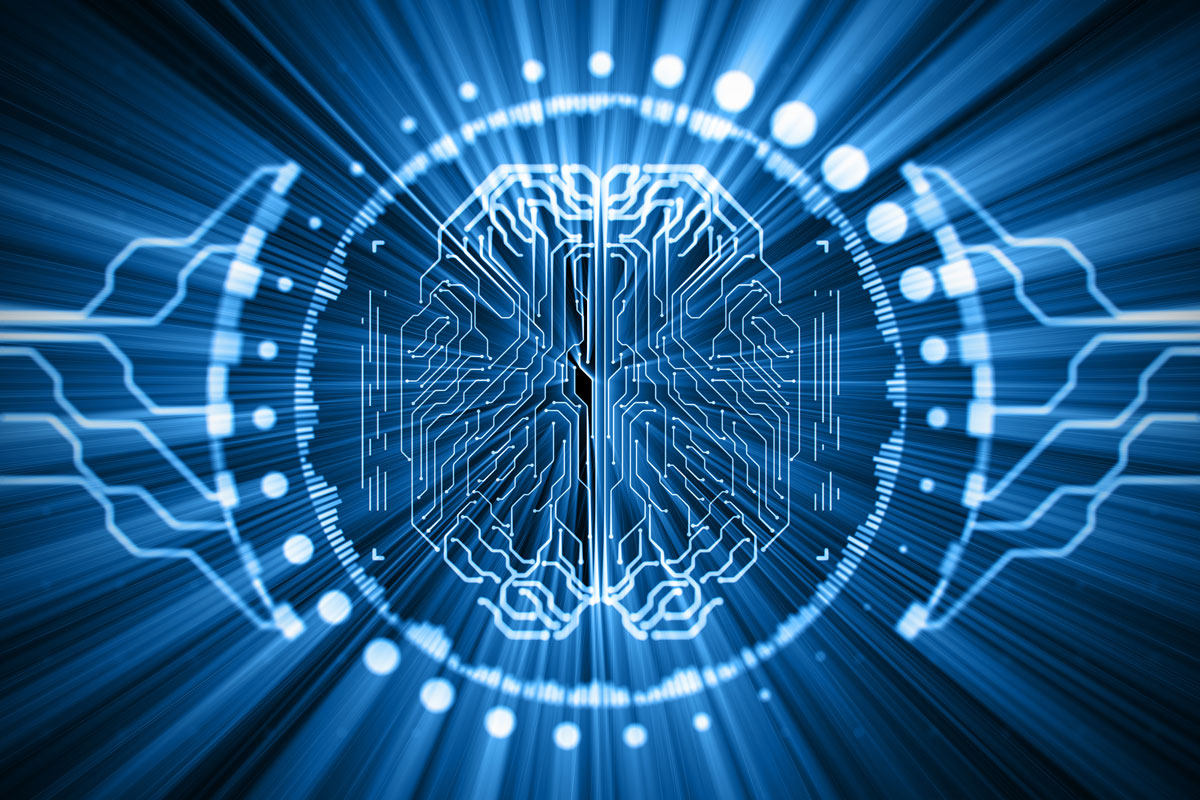Is artificial intelligence (AI) the “killer app” that educators have been waiting for, or just an over-hyped “next big thing”? Will AI help close the achievement gap, or deepen today’s inequities? Will it enhance teaching and empower the individual – or replace humans and give tech companies control over our data and our lives?
And what kind of world will it be if – as the Columbia University roboticist Hod Lipson predicted in his keynote address – AI develops emotions and free will? Wall-E – or Hal in “2001”? Mother Board in “Cyber Chase” – or “The Matrix”?
On Friday, September 20th, kicking off the UN General Assembly week, leading thinkers from both academia and industry gathered at Teachers College to offer widely different visions of what AI can accomplish, ranging from incremental change to, in the words of TC faculty member Paulo Blikstein, enabling kids to “improve their lives and communities and learn about AI in the process.” But they all agree that human beings must decide AI’s future – with eyes wide open.
Joint Welcome Address: Thomas Bailey, President, Teachers College; Borhene Chakroun, UNESCO; Stavros Yiannouka, CEO, WISE
“We suspect we’re moving toward a future when machines could perform many new kinds of tasks in our school systems, but if we’ve learned anything over the past 25 years, it is that we can seldom foresee all the ways it will change our lives,” said TC President Thomas Bailey in welcoming participants to “Where Does Artificial Intelligence Fit in the Classroom? Exploring myths, realities, and risks of bringing AI into education’s future,” held in the College’s Smith Learning Theater. The event was funded by the World Innovation Summit for Education (WISE), a global think tank of the Qatar Foundation, with co-sponsorship by UNESCO and TC’s Transformative Learning Technologies Lab.
Stephanie Rowley, TC’s Provost, Dean and Vice President for Academic Affairs, said that “TC has been first in so many things, so it’s exciting that here we are again, at the forefront of education.”
“It’s especially impressive to get together folks who are academics and policymakers and from foundations to think about these big questions – learning, autonomy, privacy – so that we can work together to find solutions,” Rowley said.
A more recent lesson, Bailey added, is that “there’s no substitution for rigorous research in developing, testing and assessing new products for effectiveness in enhancing and advancing learning.”
Stavros Yiannouka, CEO of WISE, said that in his organization’s view, AI has yet to transform education as it has business, health care and even politics. The jury is still out, he suggested, on whether the new technologies will ultimately make a real impact “on what really matters – learning outcomes for students young and old.”
And Borhene Chakroun, Director of Policies and Lifelong Learning Systems for UNESCO, told listeners, that “the use of AI in education is a booming domain with the potential to profoundly alter every aspect of the teaching and learning process.” But, he added, “it is a revolution that policymakers and teachers are struggling to come to grips with.”
UNESCO’s June 2019 Beijing Consensus on Artificial Intelligence in Education recommends that governments and other stakeholders use AI to help achieve the UN Sustainable Goal 4 (“ensure inclusive and equitable quality education and promote lifelong learning opportunities for all”). But on a more cautionary note, the Consensus also urges governments and other stakeholders to “ensure AI technologies are used to empower teachers rather than replace them” and to “promote equitable and inclusive use of AI” irrespective of social or economic status, cultural background or other factors.
Read the following stories on TC’s conference
- “The future will be nothing short of amazing” Keynote speaker Hod Lipson is bullish on AI. “We’re terrified of mass surveillance, but the same technology can find missing children and prevent human trafficking. Everything is a two-edged sword.”
- “We can’t fix education with machines.” In panel discussion about whether AI’s promise is hope or hype, TC’s Paulo Blikstein argues that technology needs to complement some good old fashioned solutions. “When I visit the best schools worldwide, I never see them firing teachers and replacing them with AI. They’re hiring more teachers and creating more classes that are smaller in size.”
- “Tools are just objects, unless used purposefully – the key is what relationships you develop with them.” In a panel discussion of how AI is being used in education today, TC’s Sandra Okita worries that “teachers aren’t being prepared for such tools. If they could recognize the theories behind the technology, maybe we wouldn’t have to train them as much, and they could use it in ways they are comfortable with.”
- AI can disrupt racial inequity in schools, or make it much worse. Writing in The Hechinger Report, conference panelist Andre Perry of the Brookings Institution asserts that when it comes to tech and education reform, there's been more talk than transformation.
— Joe Levine
Speakers quotations may have been edited for clarity.
